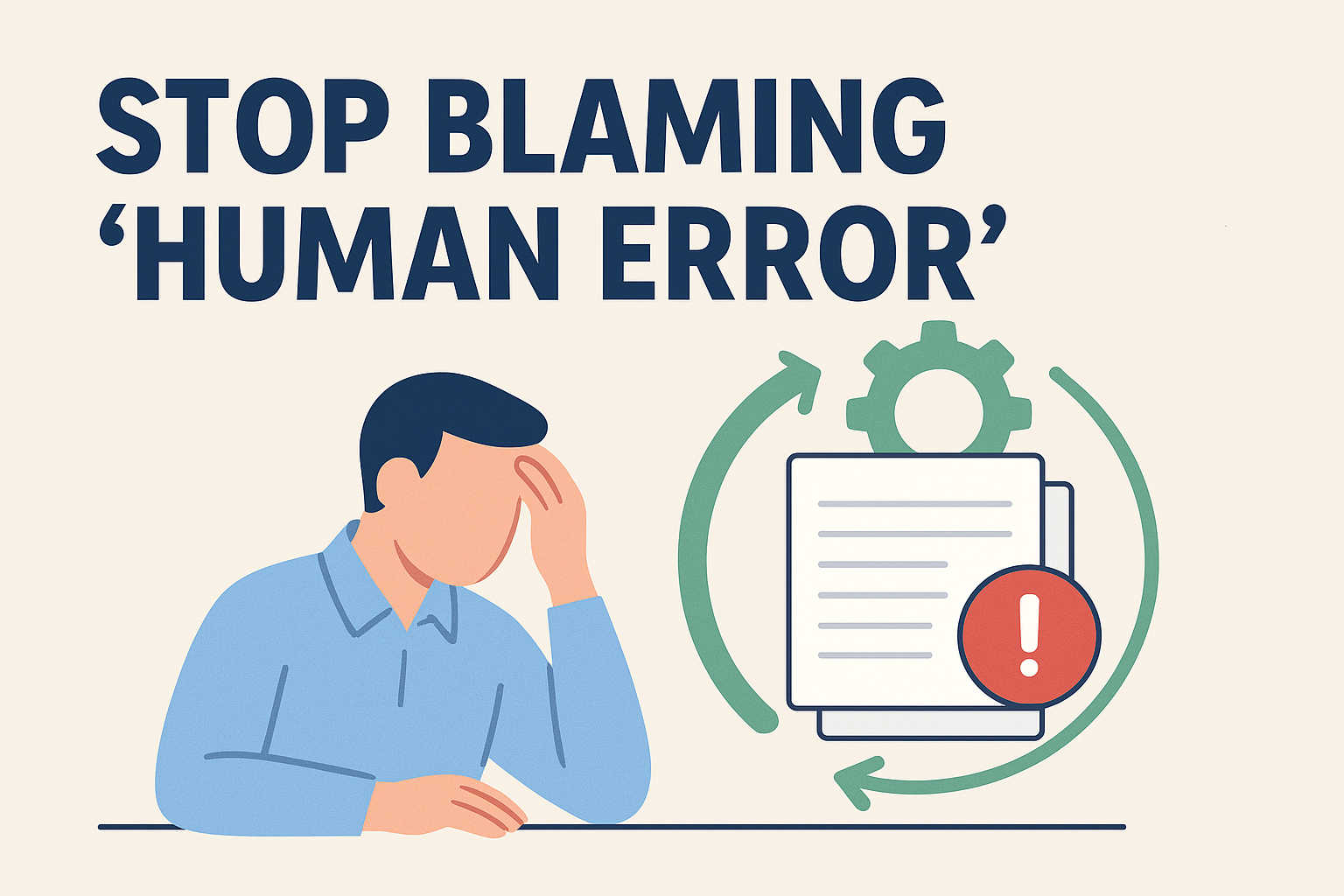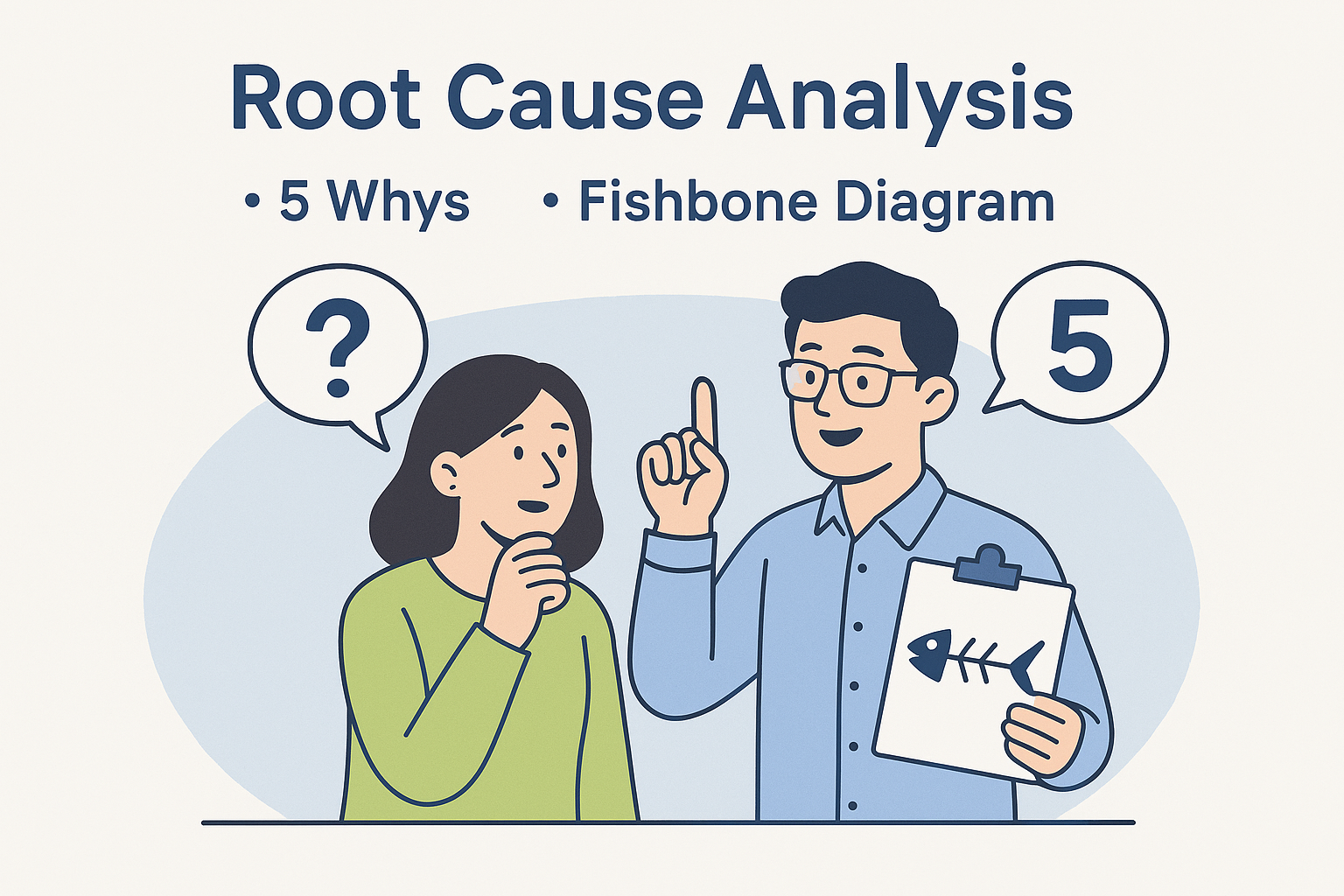Mohamad-Ali Salloum is a Pharmacist and science writer. He loves simplifying science to the general public and healthcare students through words and illustrations. When he's not working, you can usually find him in the gym, reading a book, or learning a new skill.
Monkeypox outbreak: What you need to know about it?
Share
On June 1, 2022, WHO (World Health Organization) stated that More than 550 monkeypox cases have been identified in at least 30 countries.
First of all, What is monkeypox?
It is a zoonotic viral disease native to Africa. Cases usually occur near tropical rainforests, where animals that carry the virus live. Cases in the U.S. are rare and associated with international travel from places where the disease is more common.
Zoonotic means that it can spread between species and in this case from- animals to humans.
It is a member of a virus family called orthopoxvirus. It has 2 distinct strains:
- The Central African (Congo Basin) strain.
- The West African strain.
The Central African strain is known to spread more easily and cause more severe symptoms.
What are the symptoms?
Symptoms of the disease include:
- Skin lesions,
- Fever,
- Body aches.
- Chills
- Swollen lymph nodes
- Exhaustion
The symptoms are similar to smallpox but milder.
Severe cases are seen in patients with immune deficiencies and young children.
Incubation period, the time from infection to onset of symptoms, can range from 5 to 21 days. The illness typically resolves within 2 to 4 weeks.
Is it fatal?
In recent times, the case fatality ratio of monkeypox is around 3-6%.
How is it transmitted?
Although transmission is limited between Humans, it can happen:
- Through close skin contact,
- Bodily fluids,
- Virus-contaminated objects.
In contrast to what was being spread about its transmission method, specialists say that the disease is not an STD (sexually-transmitted disease), however, it can spread via direct contact during sex.
Scientists still lack a lot of data, and that’s why they still can’t confirm how long it’s been spreading.
It’s important to mention that it is thought by WHO that this virus is unlikely to outbreak and turn into a global pandemic like the COVID-19 virus. But again, they are not sure.
Treatments that can be used?
Usually symptoms go away on their own within few weeks, however, some individuals require treatment for recovery. “Tecovirimat (TPOXX), as both oral and IV medication is approved in the U.S. for treating smallpox and oral form in Europe to treat cowpox, monkeypox, and smallpox. The FDA approved brincidofovir (Tembexa) in 2021 to treat smallpox and it was tried with Monkeypox, however, it had poor efficacy.
Is there a vaccine?
There is an approved vaccine for monkeypox and it is called MVA-BN. Unfortunately, it is not widely available. This vaccine is also known as Imvamune, Imvanex or Jynneos) and was approved in 2019 for use in preventing monkeypox.
Even though people who were vaccinated against smallpox will have a certain level of protection against monkeypox, they need to take precautions to protect themselves and the others.
Resources:
List of Services
ABOUT THE AUTHOR
Mohamad-Ali Salloum, PharmD
Share
Recent articles:





















